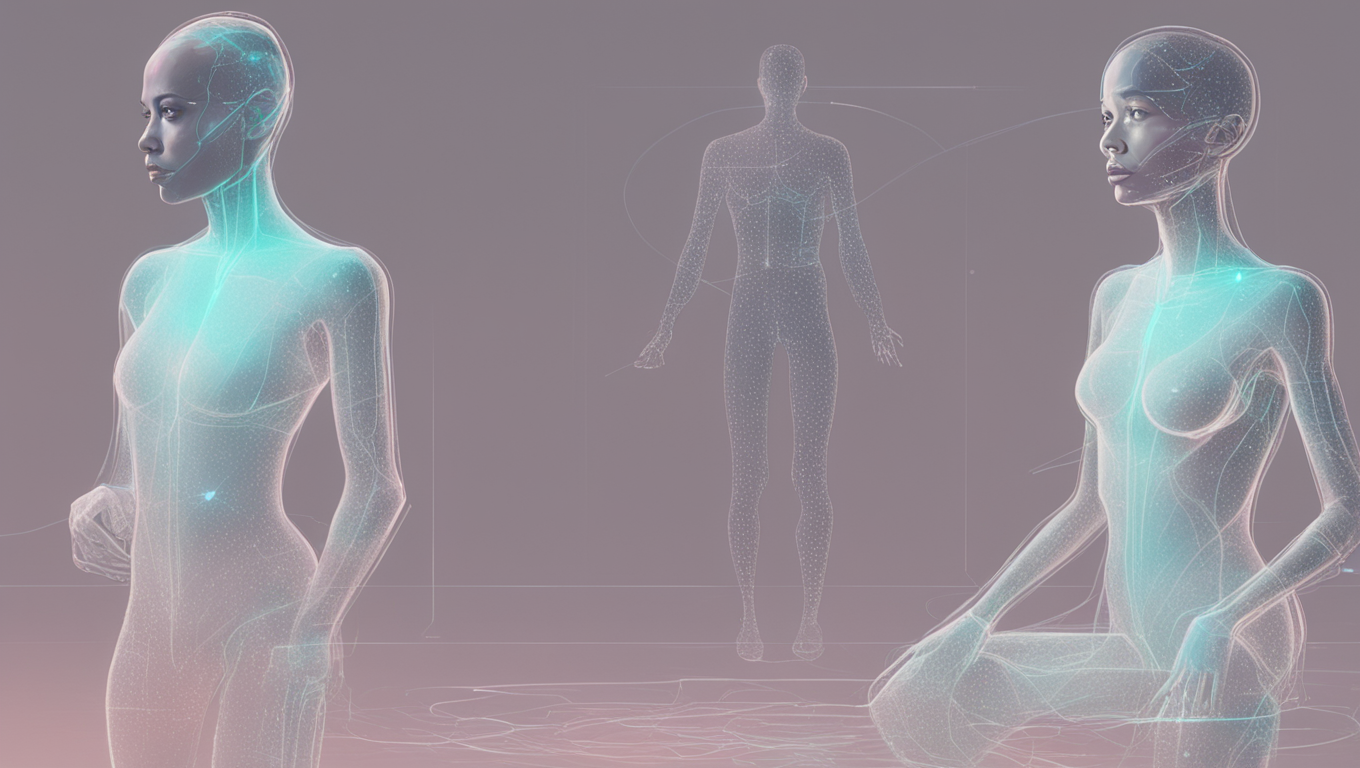In a groundbreaking study recently published in the journal Nature Computational Science, researchers in Denmark have revealed how they are using artificial intelligence (AI) and data from millions of individuals to predict the stages of a person’s life, including their mortality. The project, known as life2vec, aims to harness the power of AI to uncover patterns and relationships that can anticipate a wide range of health and social “life events.”
“It’s a very general framework for making predictions about human lives. It can predict anything where you have training data,” said Sune Lehmann, a professor at the Technical University of Denmark and one of the authors of the study.
By analyzing vast amounts of data, including medical records, social media activity, and even online shopping history, the researchers have developed algorithms that can recognize trends and make predictions with remarkable accuracy. While some may find the idea of AI predicting events such as mortality unsettling, the creators of life2vec argue that this technology has the potential to raise awareness and offer individuals the opportunity to make informed decisions about their lives.
“By understanding patterns and anticipating various life events, we can empower people to take proactive measures to improve their health and well-being,” Lehmann explained.
The study’s findings have far-reaching implications for the future of healthcare and social sciences. By utilizing AI to forecast potential health issues, medical professionals could intervene earlier, leading to better treatment outcomes and potentially even reducing healthcare costs. Additionally, the ability to predict social outcomes could assist policymakers in designing targeted interventions to address societal challenges before they become crises.
However, the project does not come without its ethical considerations. Privacy concerns remain at the forefront, as the use of personal data raises questions about consent and how this information is securely handled. Lehmann emphasizes that the team has taken extensive measures to protect individuals' privacy and comply with regulations.
“We understand the sensitivity of the data we are working with,” Lehmann stated. “We have implemented robust security measures and anonymization protocols to ensure that individuals' privacy is fully respected.”
Despite the potential pitfalls, researchers are optimistic about the future implications of life2vec. With the ability to anticipate various life events, AI could be utilized in a wide range of applications, from personalized healthcare interventions to personalized marketing strategies.
“Our research not only sheds light on how AI can anticipate our lives better than ever before but also demonstrates the power and potential of this technology,” Lehmann said.
As the field of AI continues to evolve, projects like life2vec provide a glimpse into the incredible possibilities that lie ahead. By harnessing the vast amounts of data available today, researchers are unlocking unprecedented insights into human life, enabling us to predict and anticipate the once-unpredictable.





Use the share button below if you liked it.